Features

Want to Be a Really Effective Trustee?
Scott Cowen, president emeritus of Tulane University, gives some candid advice on what it takes to serve on a university governing board.

Enhancing the Quality of the International Student Experience
What can colleges and universities do to counteract the message that the United States is no longer a welcoming environment for international students and scholars? Some institutions are finding success in thinking more holistically about the entire international student experience, from initial contact through alumni status.
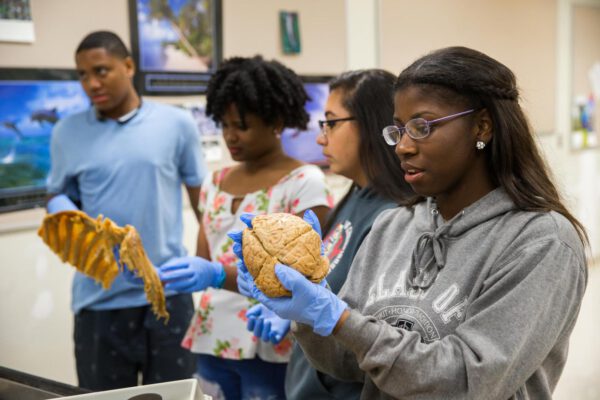
Climate, Mentoring, and Persistence Among Underrepresented STEM Doctoral Students
To ensure true equity and success for underrepresented students in STEM, institutional efforts to increase demographic diversity through recruitment must be accompanied by the creation of an inclusive environment where students can thrive.

Higher Education for the Nation’s Future
ACE President Ted Mitchell introduces the Council’s new Strategic Framework, which will underpin the organization for the next three years and help chart a successful course for the future of higher education.
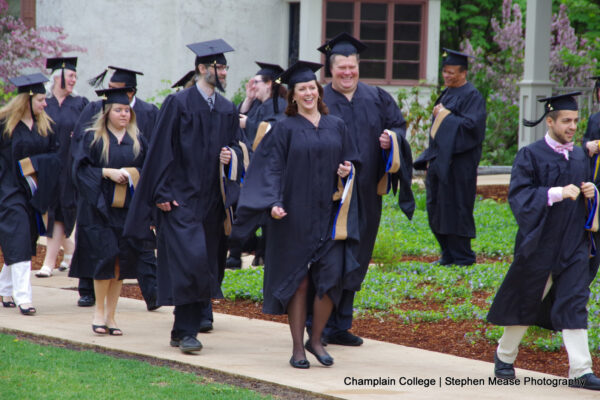
Better Together: Higher Education and the Federal Government Explore Evidence for the Value of College Degrees
In 2017, The University of Texas System entered into a 10-year partnership with the U.S. Census Bureau to create a pathway for higher education institutions and state education authorities to access critical data needed to show the value of a college degree. The result was seekUT, a web tool that provides students and families an easy way to see salaries of graduates by program of study compared to student debt.
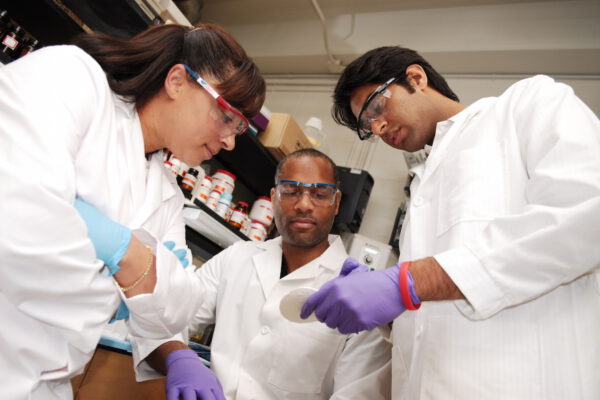
Disconnections Between Research and Practice in STEM Education
An overarching goal of STEM education research is to identify how to improve STEM learning environments through the lenses of education and social science. To make this work most effectively, this research needs to be shared with individuals directly involved in teaching or managing STEM courses. Ahlam Lee of Xavier University discusses how to make this happen.

It Doesn’t Always Get Better for Queer-Spectrum and Trans-Spectrum College Students
Many queer-spectrum and trans-spectrum students continue to navigate stigma, peer aggression, and exclusion well into their college years. Researchers are beginning to capture their experiences, which could help lead the way to change.
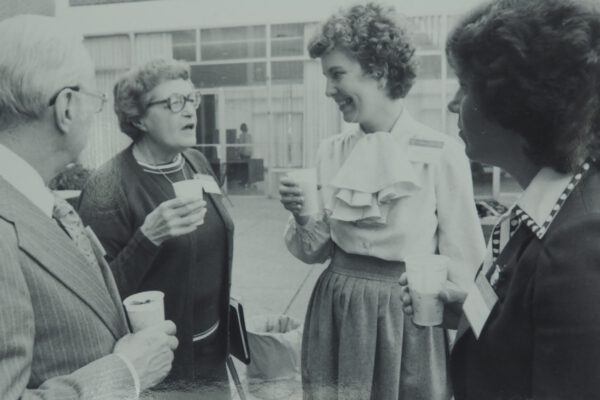
ACE at 100: Advocating for Women in Higher Education
Throughout its history, ACE has worked to support the inclusion of women in all aspects of higher education. From advocating women’s right to work in the 1920s to creating a pipeline to higher education leadership positions in recent years, ACE has spearheaded a number of initiatives focused on women and their success.
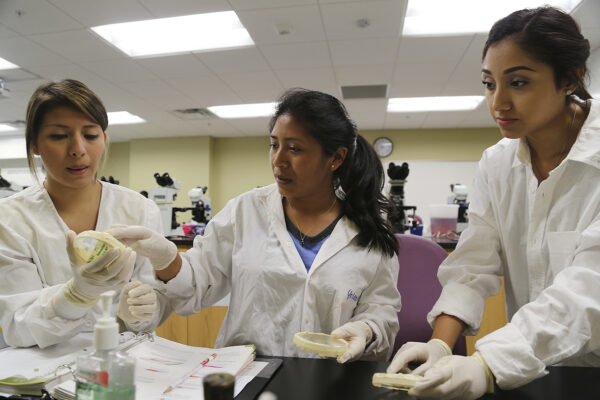
STEM Climate for Students with Disabilities
More students with disabilities of all types are enrolling in postsecondary education institutions than ever before. Yet fewer of them persist to graduation relative to their peers without disabilities, and still fewer graduate with science, technology, engineering, or mathematics degrees. Rachel Friedensen, postdocotoral research associate at Iowa State University, examines this dilemma.

A Motivational Framework for Instructional Equity in Higher Education
What would it take to achieve high levels of postsecondary student learning across all cultural groups and different levels of academic preparation? Margery Ginsberg proposes a “motivational framework” to redress persistent disparities in learning and completion among historically underserved learners.
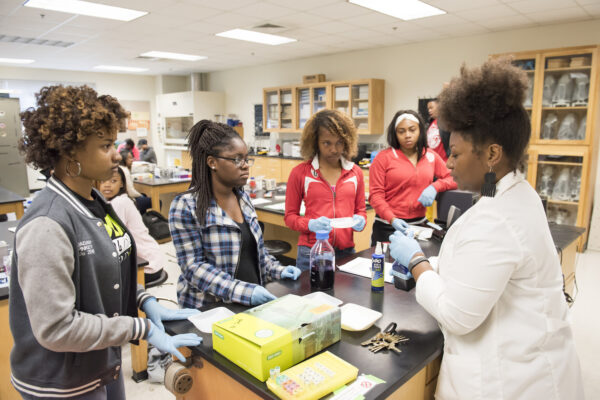
HBCUs, Black Women, and STEM Success
While HBCUs do their share of producing black graduates with STEM degrees, there is a greater need for equity throughout the education pipeline and in workforce hiring practices, writes Howard University’s Caroline Harper in the latest post in the series, “Campus Climate and STEM Success.”

College on the Autism Spectrum
Most first-time college students face challenges adjusting to new academic demands and campus life. For students on the autism spectrum, these challenges can be overwhelming—but with the proper support, they don’t have to be.